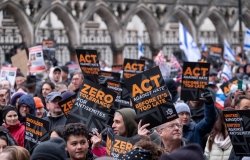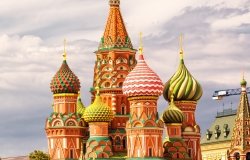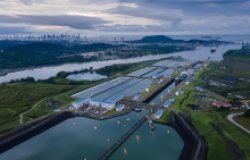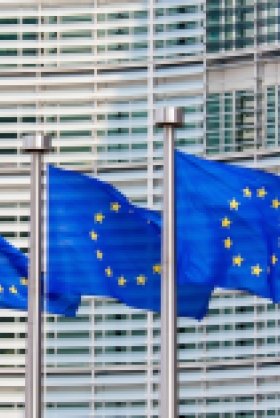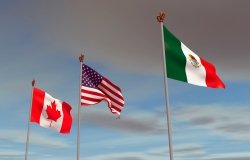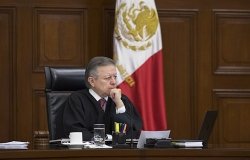Education is at the Heart of Ratiu Lecture
This month, the Woodrow Wilson Center hosts the fourth annual Ion Ratiu Democracy Lecture. Previous awardees include Saad Eddin Ibrahim, an Egyptian democracy activist, and Belarusian democracy activist Anatoli Mikhailov, president of the European Humanities University in Vilnius, Lithuania.
This month, the Woodrow Wilson Center hosts the fourth annual Ion Ratiu Democracy Lecture. Previous awardees include Saad Eddin Ibrahim, an Egyptian democracy activist, and Belarusian democracy activist Anatoli Mikhailov, president of the European Humanities University in Vilnius, Lithuania.
This year's award recipient, Eleonora Cercavschi from Moldova, draws attention to an often forgotten frozen conflict at the borders of the European Union: Transnistria. With a world in turmoil and on the heels of a shooting war in Georgia, the relative quiet of Transnistria fails to make headlines. Yet even as the guns stay silent and the Russian tanks idle in their barracks, Cercavschi paints a picture of the formidable toll the conflict is taking on the children of the region.
As in previous years, this year's Ion Ratiu Democracy Lecture provides a forum for thoughtful practitioners and engaged thinkers to discuss challenges to democracy. Education has been a red thread in these discussions. In the first lecture held at the Wilson Center, Saad Ibrahim, himself an educator, discussed the lessons Arab states stand to learn from Eastern Europe's experience of transition from totalitarianism to democracy. In 2007, Anatoli Mikhailov suggested that democracy cannot take root in a country where free education is denied. Mikhailov showed the detrimental effects of political repression on the emergence of a democratic political elite.
This year, Cercavschi discusses the effects of the violent repression of the cultural identity of children in an effort to force their assimilation. Only a few hundred miles from the borders of the European Union, Moldovan children in Transniistria have to suffer physical abuse and humiliation as they pass through border points on their 20-mile daily commute to school.
The Ion Ratiu Democracy Lecture at the Wilson Center continues to broaden the dialogue on democratic values. Future awardees—nominations are welcome!—will join the growing network of alumni, sharing in their successes and learning from their experiences.
Related Programs

History and Public Policy Program
The History and Public Policy Program makes public the primary source record of 20th and 21st century international history from repositories around the world, facilitates scholarship based on those records, and uses these materials to provide context for classroom, public, and policy debates on global affairs. Read more

Global Europe Program
The Global Europe Program is focused on Europe’s capabilities, and how it engages on critical global issues. We investigate European approaches to critical global issues. We examine Europe’s relations with Russia and Eurasia, China and the Indo-Pacific, the Middle East and Africa. Our initiatives include “Ukraine in Europe” – an examination of what it will take to make Ukraine’s European future a reality. But we also examine the role of NATO, the European Union and the OSCE, Europe’s energy security, transatlantic trade disputes, and challenges to democracy. The Global Europe Program’s staff, scholars-in-residence, and Global Fellows participate in seminars, policy study groups, and international conferences to provide analytical recommendations to policy makers and the media. Read more

History and Public Policy Program
The History and Public Policy Program makes public the primary source record of 20th and 21st century international history from repositories around the world, facilitates scholarship based on those records, and uses these materials to provide context for classroom, public, and policy debates on global affairs. Read more
